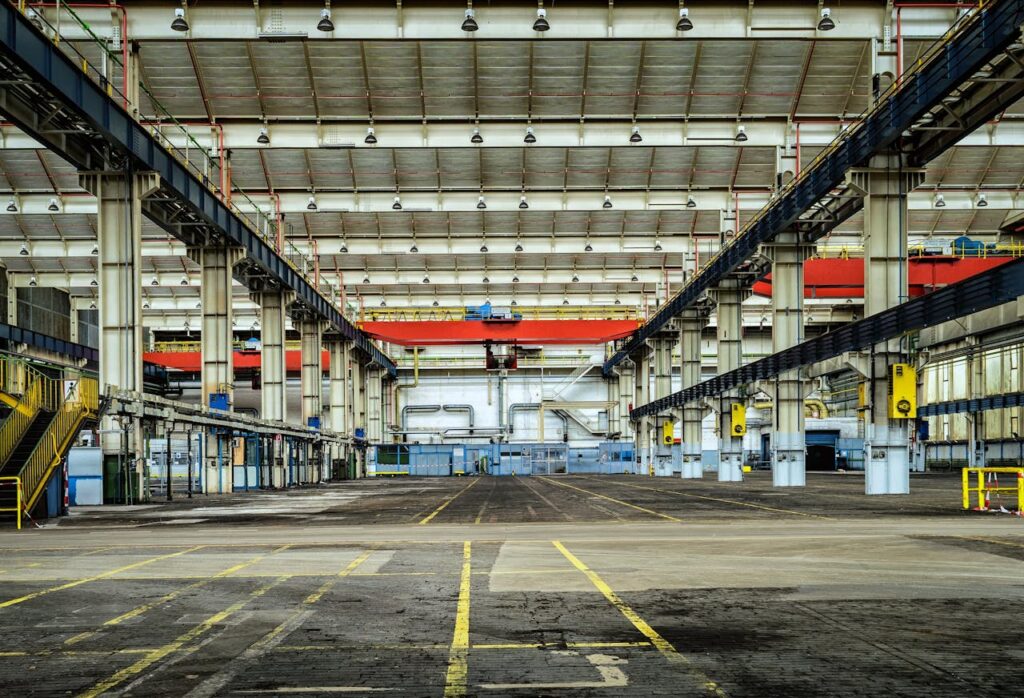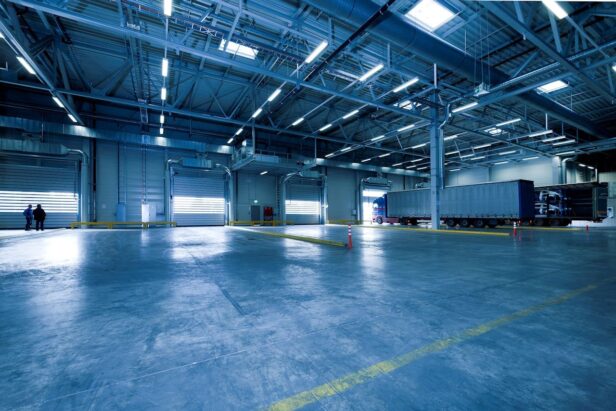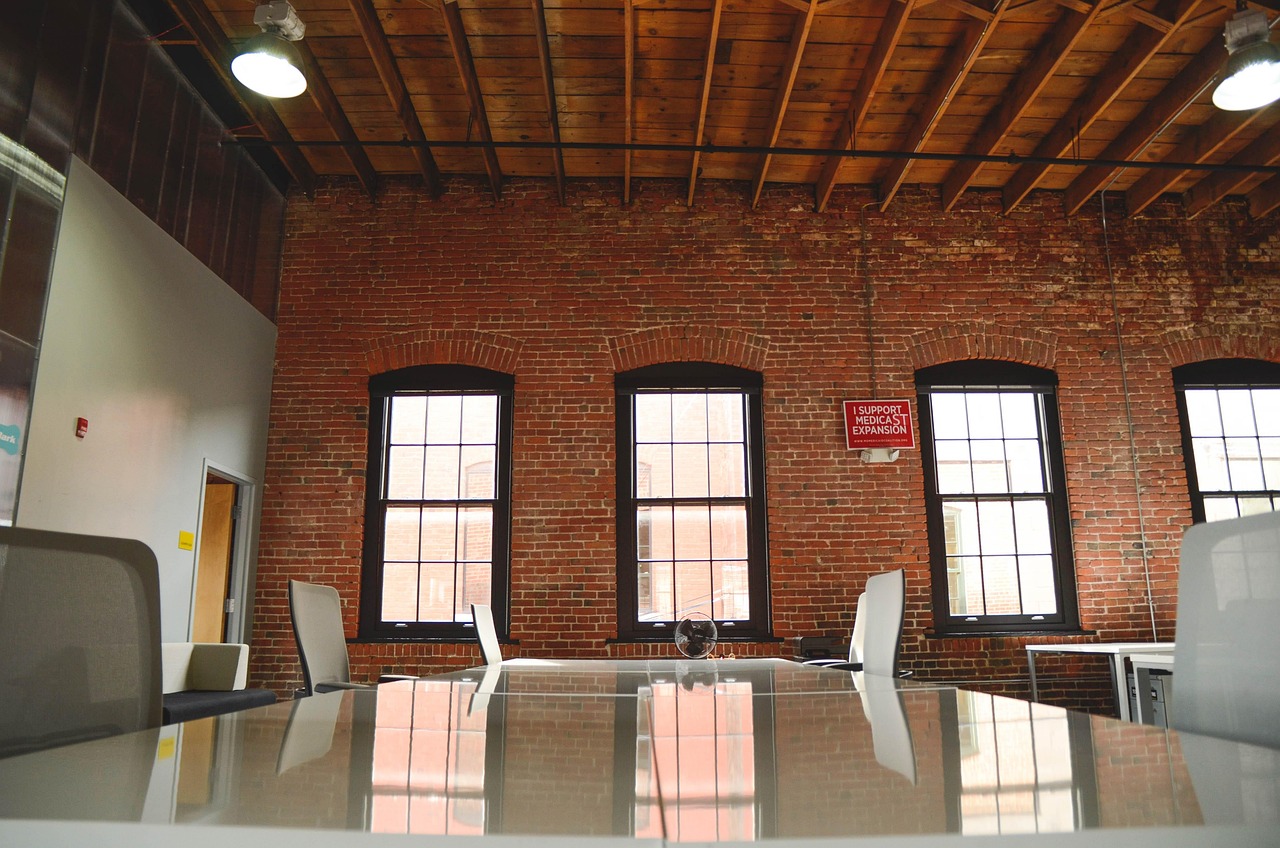Searching for “industrial building contractors near me” connects you with teams who specialize in planning, building, renovating, and maintaining facilities like warehouses, advanced manufacturing plants, and commercial spaces. These contractors understand the unique demands of industrial environments and coordinate complex projects from concept through completion.
In regions like South Bend, Mishawaka, Bloomington, and Indianapolis, we see contractors handling diverse scopes including industrial remodeling, build-outs, new construction, roofing upgrades, overhead doors, and fire protection systems. The South Bend Regional Chamber directory and similar resources group commercial and industrial contractors together, revealing the depth of general contractors, specialty trades, and suppliers available locally to support your project needs.
Which Delivery Methods And Core Services Do Nearby Industrial Contractors Offer?

Industrial contractors typically structure their services around four primary delivery methods, each designed to address different project needs and owner preferences. Understanding these approaches helps property developers and facility owners select the most effective path forward.
Design-Build Services
Design-build delivery consolidates both design and construction under a single contract. We coordinate architectural, engineering, and construction teams from project start, enabling faster decision-making and streamlined communication. This method reduces the traditional handoff delays between design completion and construction start.
The single point of coordination means fewer contract disputes and clearer accountability. Budget and schedule alignment happens earlier in the process since construction expertise informs design decisions from the beginning.
Pre-Construction Planning
Pre-construction services begin before ground breaks and often determine project success. We conduct site due diligence to identify potential issues with soil conditions, utilities, and access. This phase includes permit research, zoning verification, and preliminary scheduling.
Budgeting during pre-construction provides more accurate cost projections than traditional bid processes. Early involvement allows us to suggest value engineering opportunities and identify long-lead procurement items that could affect the schedule.
Construction Management
Construction management delivery focuses on coordination, cost control, and consistent communication throughout the build process. We act as the owner’s representative while managing subcontractors, material deliveries, and quality standards.
Regular progress reporting keeps stakeholders informed through weekly updates and collaborative decision-making sessions. Many construction management contracts include GMP responsibility, where we guarantee the maximum project cost and absorb overruns beyond that threshold.
General Contracting
Traditional general contracting remains common for well-defined industrial projects. We coordinate all trades, manage the construction schedule, and ensure code compliance while the owner maintains separate contracts with design professionals.
This delivery method works well when design documents are complete and the scope is clearly established. We handle permit applications, subcontractor management, and final inspections under a single construction contract.
Self-Perform Capabilities
Many industrial contractors self-perform specific scopes to maintain quality control and schedule predictability. Common self-performed work includes drywall installation, interior painting, door and hardware installation, and cabinet work.
We also handle ceiling tile installation, basic electrical connections, plumbing rough-in, and small-scale renovations with our own crews. Self-performing these scopes reduces coordination complexity and provides more direct quality control throughout the project.
What Industrial Project Types And Upgrades Can EB3 Construction Coordinate?
We coordinate industrial projects across diverse facility types and building configurations. Our scope encompasses small single-building renovations and comprehensive multi-building site developments that address complex operational requirements.
Industrial remodeling forms a significant portion of our work. These projects typically involve updating existing manufacturing spaces, upgrading production areas, and reconfiguring warehouses to meet current operational standards.
Core Industrial Building Types
Steel buildings represent our most common new construction approach for industrial clients. These structures provide clear-span capabilities essential for manufacturing operations and warehouse distribution centers. We coordinate steel building projects from foundation through final systems integration.
Post-frame buildings offer cost-effective solutions for specific industrial applications. These structures work particularly well for agricultural processing facilities, equipment storage, and light manufacturing operations where large open spaces are required.
Panelized structures provide another option for clients seeking controlled construction schedules and consistent quality. We use these systems for office and headquarters facilities, as well as specialized manufacturing environments requiring precise environmental controls.
Facility Types And Operational Focus Areas
Warehouse distribution facilities require specific design considerations for loading dock configurations, clear height requirements, and material handling systems. We coordinate these projects with careful attention to traffic flow and storage optimization.
Advanced manufacturing projects involve complex mechanical and electrical systems coordination. These facilities often require specialized floor systems, enhanced power infrastructure, and precise environmental controls for production processes.
Cold storage and food processing facilities demand specialized insulation systems, temperature control equipment, and food-safe construction materials. We coordinate these technical requirements while maintaining strict compliance with health and safety regulations.
Office and headquarters projects combine industrial construction methods with commercial finish standards. These hybrid facilities serve companies requiring both production and administrative spaces under one roof.
System Upgrades And Infrastructure Improvements
HVAC upgrades address changing production requirements and energy efficiency goals. We coordinate system replacements and modifications while maintaining operational continuity in occupied facilities.
Storage capacity additions help clients maximize existing facility utilization. These projects often involve mezzanine construction, racking system integration, and structural modifications to support increased loads.
Commercial roofing projects include single-ply systems like Duro-Last that provide long-term weather protection. We coordinate roofing work with minimal disruption to ongoing operations, particularly critical for 24-hour manufacturing facilities.
Supporting Services And Specialty Work
Overhead and industrial doors represent essential components of most industrial facilities. We coordinate door installations with attention to operational efficiency and security requirements specific to each facility type.
Fire protection inspection and service work ensures regulatory compliance and operational safety. We maintain ongoing relationships with clients to address inspection requirements and system updates as facilities evolve.
Property restoration services address unexpected damage from weather events, equipment failures, or operational incidents. Our restoration capabilities help clients return to full operations quickly while coordinating permanent repairs.
Concrete supply and placement support both new construction and facility expansion projects. We coordinate concrete work with careful attention to floor flatness requirements essential for modern warehouse operations and manufacturing processes.
How Do Contractors Plan For Budget, Schedule, And Site Risks?

We approach risk management through systematic pre-construction planning that addresses both known challenges and potential surprises. This process begins with comprehensive site reviews that examine every factor that could affect construction feasibility and cost control. Our teams conduct thorough assessments of soil conditions, environmental constraints, and regulatory requirements before any construction activity begins.
Site due diligence forms the foundation of effective risk planning. We evaluate soil stability and bearing capacity to determine appropriate foundation systems and identify any contamination issues that could trigger remediation requirements. Environmental reviews check for potential protected species habitats and stream mitigation needs that could affect project timelines and permitting processes. These early assessments prevent costly discoveries during active construction phases.
Establishing Budget And Schedule Controls
Accurate budgeting starts during pre-construction planning when we can still influence major cost drivers. We develop detailed cost estimates based on current material prices, local labor rates, and site-specific conditions identified during due diligence. Schedule development follows similar principles, accounting for permit approval timelines, material delivery lead times, and coordination requirements between different construction phases.
Budget and schedule control systems track actual performance against initial projections throughout the project lifecycle. We monitor material costs, labor productivity, and schedule milestones through regular reporting that highlights variances before they become significant problems. This tracking enables proactive adjustments to maintain financial and schedule targets.
Stakeholder Alignment Through Communication
Consistent communication keeps all project stakeholders informed about progress, challenges, and upcoming decisions. We maintain alignment through collaborative decision-making processes that involve property owners, design teams, and key subcontractors in planning discussions. Weekly progress reports provide transparent updates on budget status, schedule performance, and any emerging issues that require attention.
These reports document completed work, upcoming milestones, and resource requirements for the following period. Progress reporting also tracks permit status, material deliveries, and coordination activities that affect multiple trades. This systematic communication approach prevents misunderstandings that could lead to disputes or project delays.
Managing Occupied Space Construction
Projects in occupied industrial facilities require specialized phasing and coordination strategies to minimize operational disruption. We develop phasing plans that sequence construction activities around ongoing business operations, often working in sections to maintain facility functionality. These plans identify critical coordination points where construction activities must align with production schedules or shutdown periods.
Occupied space construction demands enhanced safety protocols and communication procedures to protect both workers and facility occupants. We coordinate closely with facility managers to establish work zones, access routes, and emergency procedures that maintain operational safety. Regular coordination meetings ensure that construction activities remain aligned with business requirements throughout the project duration.
What Should You Prepare Before Engaging EB3 Construction?
Preparation sets the foundation for smooth project coordination and accurate cost estimation. We work more efficiently when property owners provide complete project requirements and site information upfront. This groundwork helps us develop realistic schedules, identify potential challenges, and coordinate all necessary approvals before construction begins.
Define Your Operational Requirements
Production volumes and process flow determine facility layout and infrastructure needs. Document current operational capacity and any planned expansion within the next five to ten years. We need to understand how materials move through your facility, where storage occurs, and what specialized equipment requires accommodation.
Storage requirements directly affect building height, floor loading capacity, and access configurations. Specify whether you need ambient storage, climate-controlled areas, or specialized conditions like refrigerated or freezer spaces. Cold storage projects require different mechanical systems and insulation specifications than standard warehouse facilities.
Process flow analysis helps us design efficient layouts that minimize material handling and optimize workflow. Consider how raw materials enter, where processing occurs, and how finished products exit the facility. These operational details influence door placement, truck dock configurations, and internal circulation patterns.
Assess Site Conditions And Infrastructure
Site acreage and topography affect building placement and construction methods. Document total acreage available, existing structures, and any areas with development restrictions. We need to know about slopes, drainage patterns, and soil conditions that could impact foundation design or sitework requirements.
Utilities and access determine project feasibility and cost. Identify existing electrical service capacity, water and sewer availability, natural gas service, and telecommunications infrastructure. Note the location of utility easements and any restrictions that could affect building placement or expansion plans.
Soil information helps us plan foundations and address potential geotechnical challenges. Previous soil reports, known groundwater levels, and any environmental concerns provide valuable planning data. Sites with contamination issues or poor soil conditions require specialized approaches that affect both schedule and budget.
Gather Regulatory And Approval Documentation
Current zoning status and permitted uses establish the regulatory framework for your project. We review zoning classifications, setback requirements, height restrictions, and any conditional use permits that apply to your site. Industrial facilities often require specific zoning approvals or variance requests.
Building permits and approvals vary based on project scope and local requirements. Existing permits, certificates of occupancy, and any outstanding code violations need resolution before new construction begins. We coordinate these approvals but require your input on current regulatory status.
Environmental permits may apply to industrial operations involving air emissions, water discharge, or waste generation. Operations like food processing, manufacturing, or chemical storage often trigger additional regulatory requirements. We help navigate these approvals but need early notification of specialized operational needs.
Identify Required Building System Upgrades
HVAC needs depend on operational requirements and existing system capacity. Document current heating, cooling, and ventilation systems along with any deficiencies or planned improvements. Industrial processes often generate heat, require specific humidity control, or need specialized exhaust systems.
Roofing assessments identify repair needs and expansion compatibility. Note the age and condition of existing roofs, any leak history, and structural capacity for additional equipment. Single-ply membrane systems like Duro-Last offer reliable solutions for industrial applications.
Fire protection systems require evaluation for both existing conditions and new construction areas. Industrial facilities need appropriate sprinkler coverage, alarm systems, and egress planning based on occupancy types and stored materials. We coordinate with fire protection specialists to ensure code compliance.
Establish Project Timeline And Budget Parameters
Target schedules should account for permitting, design development, and construction phases. Industrial projects typically require longer lead times than office construction due to specialized equipment and systems coordination. Plan for seasonal weather impacts and material delivery schedules.
Budget ranges help us recommend appropriate construction approaches and material selections. Establish realistic budget targets that include construction costs, permits, professional fees, and contingencies. We provide cost estimates based on your specific requirements and current market conditions.
Decision timelines prevent project delays and maintain construction schedules. Define approval processes for design decisions, change orders, and material selections. Industrial projects involve multiple stakeholders, so clear decision-making authority prevents bottlenecks during construction.
Plan For Occupied Space Coordination
Phasing plans minimize disruption to ongoing operations while allowing necessary construction access. We develop work sequences that maintain operational areas while completing improvements in designated zones. This approach requires careful coordination of utilities, fire protection, and egress requirements.
Safety constraints in occupied facilities require specialized protocols and enhanced coordination. Active operations create additional hazards that affect construction methods and scheduling. We implement safety barriers, coordinate work hours, and maintain clear separation between construction and operational areas.
Emergency procedures and communication protocols ensure business continuity during construction. Establish procedures for utility shutdowns, fire alarm coordination, and emergency egress from both construction and operational areas. These safety measures protect both workers and ongoing business operations.
Conclusion And Next Steps

Finding industrial building contractors near you requires understanding the key delivery methods available for your project. Design-build streamlines coordination with a single point of contact, while traditional approaches offer more direct oversight. Pre-construction planning helps identify site constraints, permitting requirements, and budget parameters before construction begins.
We recommend defining your operational requirements first. Gather site information including soil conditions, utilities access, and zoning status. Set clear priorities for your timeline and budget range. When you have these fundamentals ready, engage EB3 Construction to review design-build options, discuss industrial remodeling approaches, or explore new construction alternatives that align with your operational goals.




